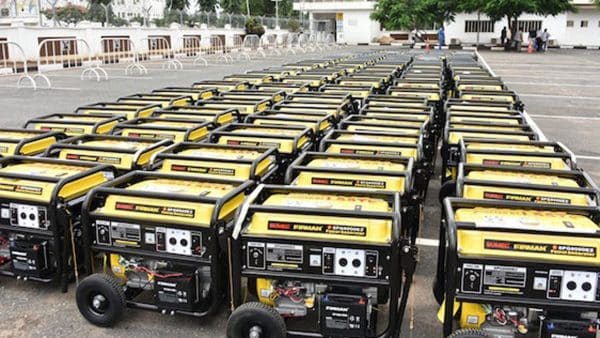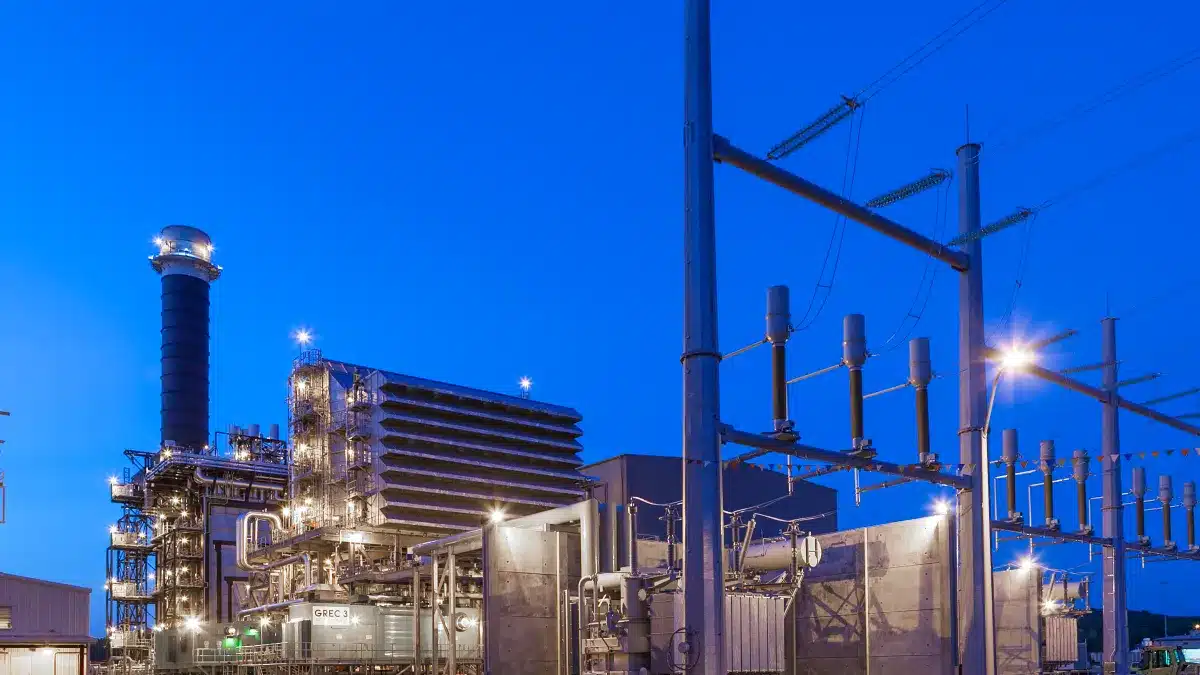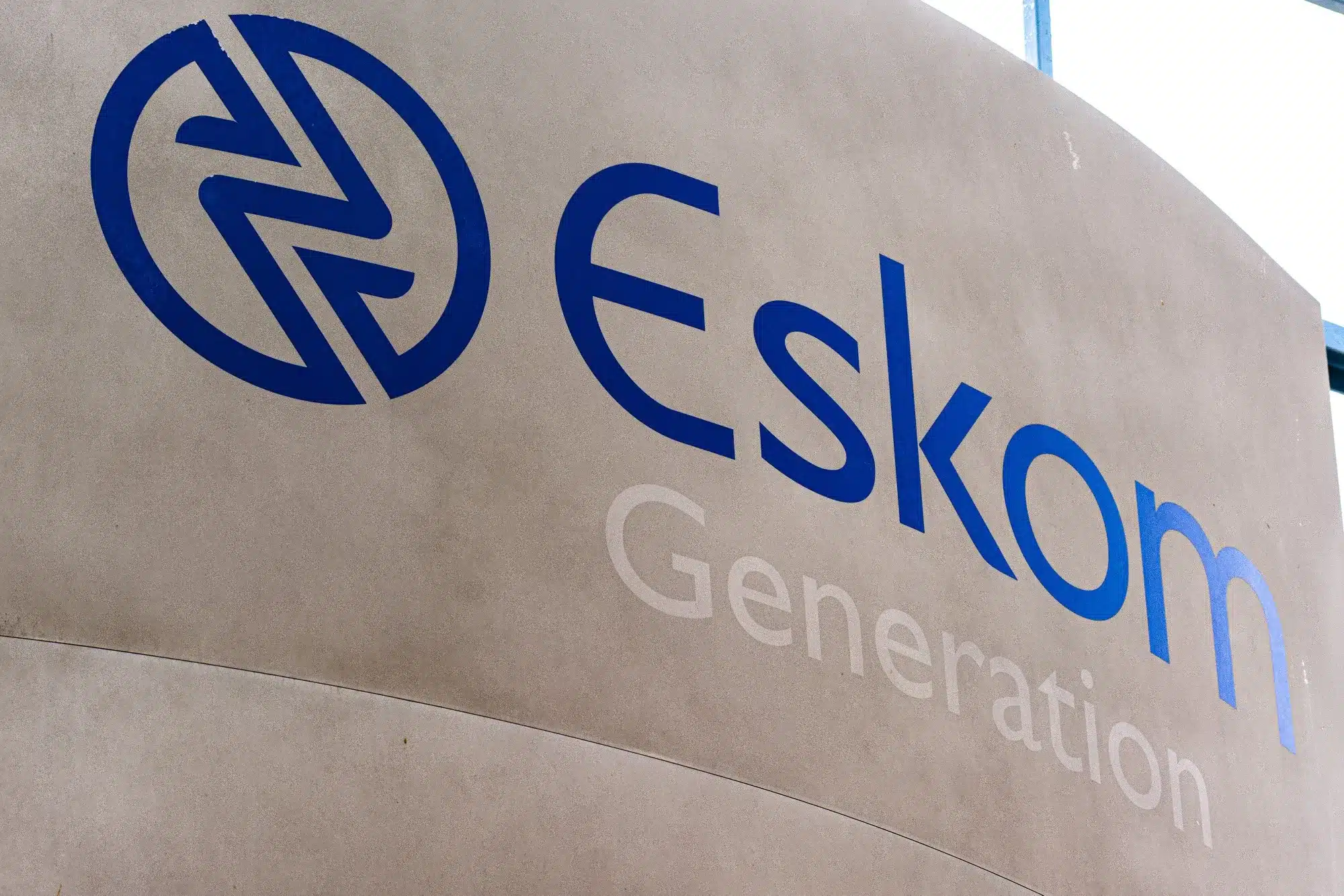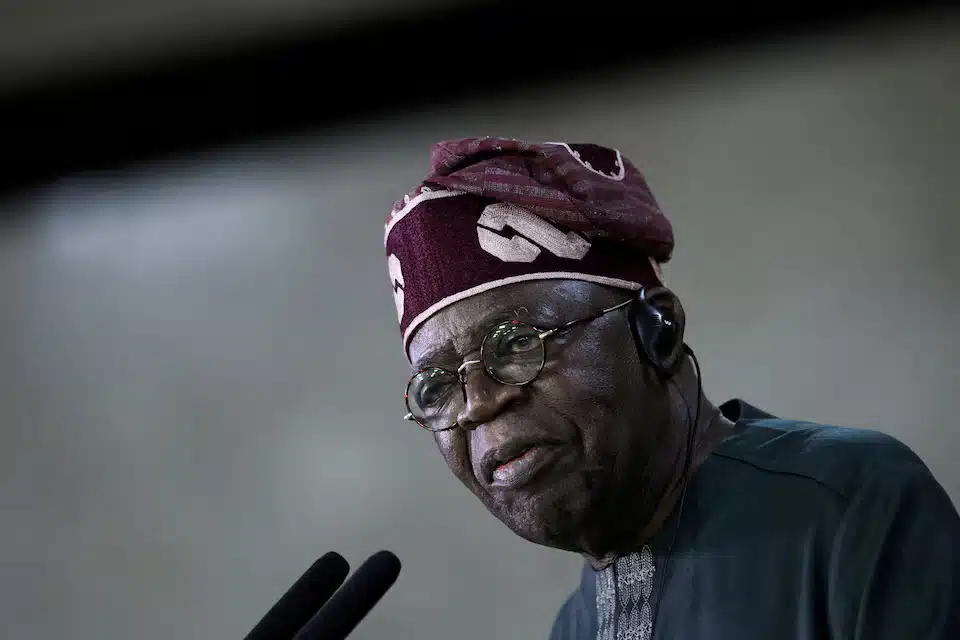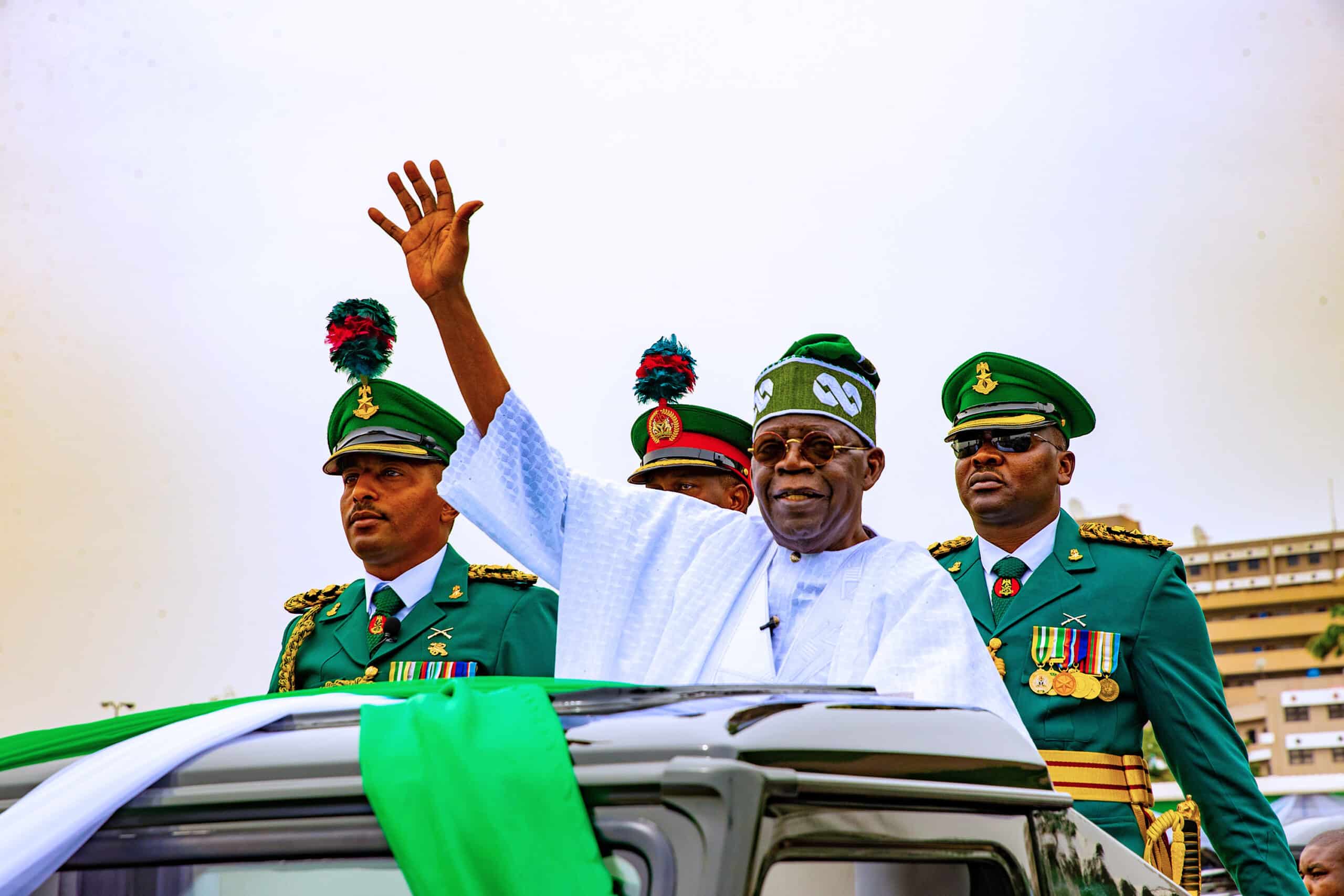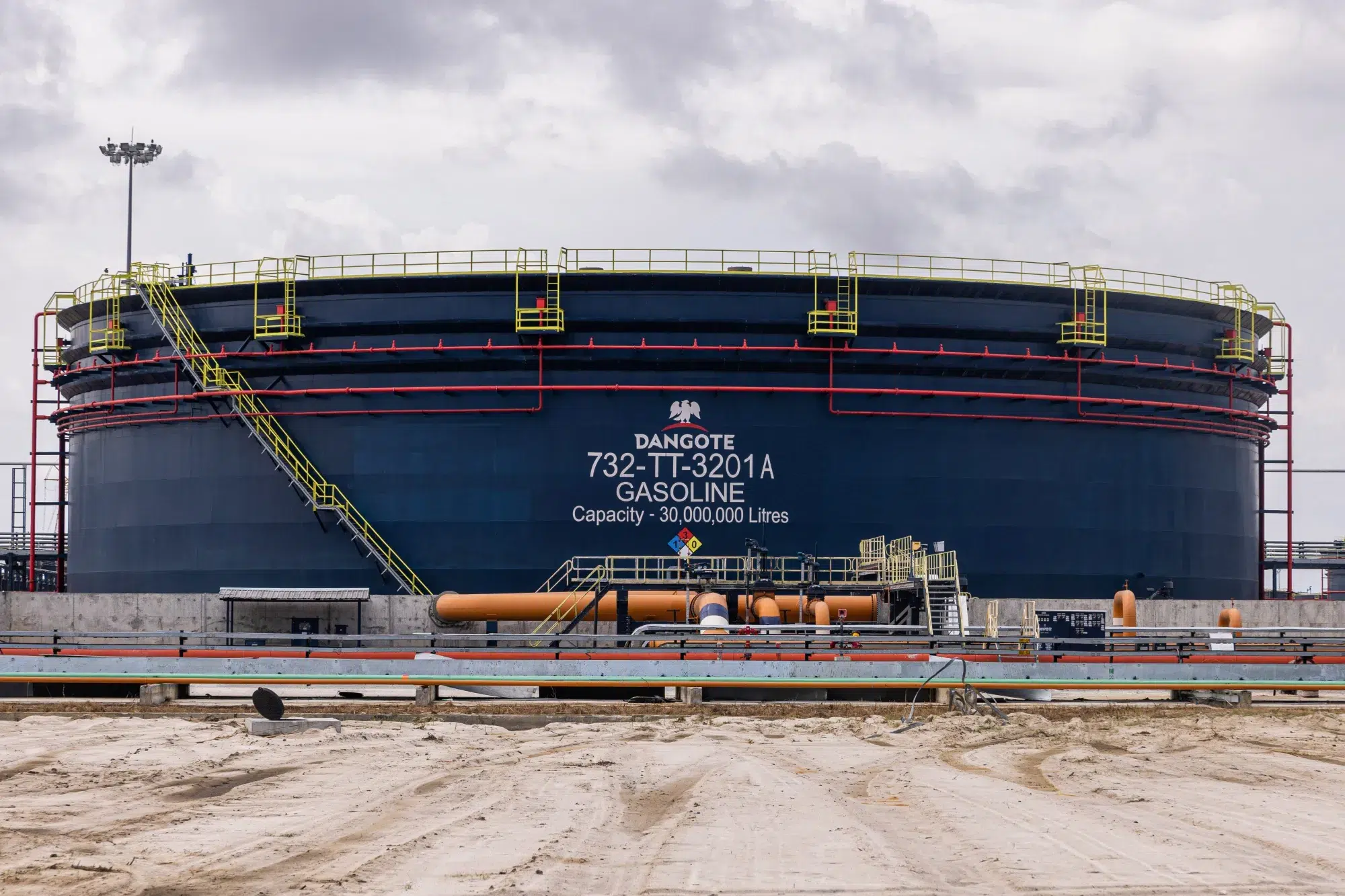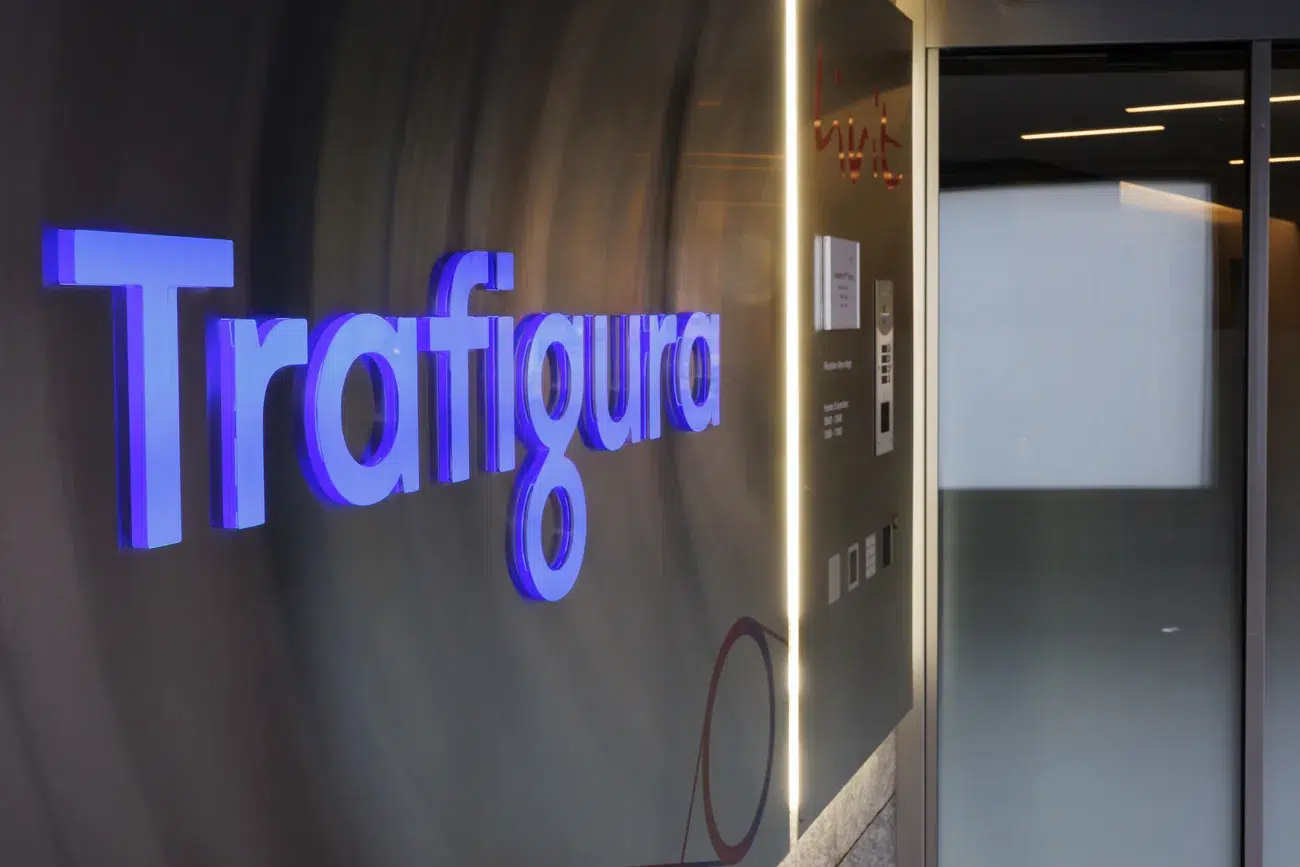Nigeria’s electricity challenge has been lingering for decades, with over 90 million people living without access to power.
The crisis has created a loophole in the gasoline-powered generator import market.
According to a recent report, the West African country spends nothing less than $280 million annually on generator imports, making it the leading import market for such commodity in Africa.
These generators are usually used as alternative energy sources for households, businesses, and factories amid an incessant failing national grid.
In this article, we examine the top ten countries that dominate Nigeria’s $281 million generator import market in 2024, beginning from the least to the highest.
10. Turkey
Turkey is one of the major importers of generators into Nigeria, accounting for approximately 0.7% of the total generator import value, contributing $1.98 million.
Turkish generators, often marketed for their affordability, cater to small-scale businesses and households in Nigeria.
The country’s machinery exports, including generators, benefit from competitive pricing and proximity to African markets via Mediterranean trade routes, as per Turkish Exporters Assembly.
In addition, Nigeria’s growing urban population and small business sector drive demand for these budget-friendly options, though Turkey struggles to penetrate the industrial segment due to limited brand recognition.
9. Japan
Another major importer of generators into Nigeria is Japan, supplying $3.06 million worth of generators to Nigeria in 2024, resulting in a 1.1% share of the market.
As we know, Japan is renowned for its reliability and fuel efficiency.
Prominent brands like Yamaha and Honda dominate in Nigeria’s mid-tier market, appealing to small and medium enterprises (SMEs).
Japanese generators, often priced higher than Chinese alternatives, cater to consumers prioritizing durability over cost.
Japan’s limited market share, however, stems from higher pricing compared to other Asian competitors.
8. Netherlands
The importation of generators to Nigeria is also dominated by the Netherlands; the country accounted for $3.08 million in generator imports, holding a 1.1% share.
As a key European logistics hub, the Netherlands facilitates the re-export of generators, often sourced from other European or Asian manufacturers.
The country’s advanced port infrastructure, particularly Rotterdam, supports high-volume trade to Africa.
In addition, Dutch-supplied generators typically serve commercial and industrial sectors, leveraging the country’s role as a trade gateway.
7. Belgium
Belgium is also another major player in the importation of generators to the West African country, supplying $3.26 million worth of generators, accounting for 1.2% of the market.
The country’s contribution includes both direct exports and re-exports through its port of Antwerp, a major hub for European trade.
The Belgian Foreign Trade Agency notes that Belgium supplies mid-range generators, often used in Nigeria’s construction and hospitality sectors.
Its modest market share reflects a focus on niche, high-quality products rather than mass-market supply.
6. USA
The United States made the list as one of the main suppliers of generators, the country supplying $7.05 million worth of generators to Nigeria in 2024, capturing 2.5% of the import market.
American brands like Cummins and Caterpillar are favored for their durability and suitability for industrial applications.
Therefore, the U.S. benefits from Nigeria’s preference for durable, high-performance units, though high costs and long shipping times limit market penetration.
In addition, American firms are increasingly targeting Nigeria’s energy sector to address power deficits, but competition from cheaper Asian alternatives caps growth
The U.S. market share reflects a focus on high-capacity, premium generators for large-scale industries.
5. United Kingdom
The United Kingdom, one of the main importers of generators to Nigeria, supplies $11.25 million worth of generators, securing a 4.0% share.
British generators, particularly from brands like Perkins, are valued for their reliability in Nigeria’s commercial and industrial sectors.
In addition, UK’s machinery exports to Africa, including Nigeria, focus on high-quality, energy-efficient solutions.
Therefore, historical trade ties and Nigeria’s demand for robust power systems support the UK’s high supply.
4. Germany
The Western European nation, Germany, is also supplying $15.42 million worth of generators, resulting in 5.5% of Nigeria’s total import value.
German manufacturers like Deutz and Siemens provide high-performance generators for Nigeria’s industrial and energy sectors.
In addition, Germany’s machinery exports to Africa emphasize advanced technology and energy efficiency, aligning with Nigeria’s need for reliable power solutions.
3. South Korea
South Korea is also contributing $16.53 million to Nigeria’s generator imports, representing 5.9% of the market.
Major South Korean brands like Hyundai and Doosan supply cost-effective, high-quality generators, popular in Nigeria’s commercial and residential sectors.
The country’s focus on electronics and machinery exports, with Nigeria as a key African market, hence its competitive pricing and technological advancements, drives its growing influence.
2. India
India is the second major importer of generators to Nigeria, with $20.64 million in generator exports, accounting for 7.3% of the market.
Indian brands like Kirloskar and Mahindra offer affordable, reliable generators tailored to Nigeria’s small and medium-scale businesses.
In addition, India’s machinery exports to Africa grew by 20% from 2011 to 2015, a trend that continues with Nigeria as a key destination.
India’s proximity to African markets and cost-competitive offerings enhance its position.
1. China
China, the leading major importer of generators to Nigeria, dominates Nigeria’s generator import market, supplying $195 million worth of generators in 2024, accounting for nearly 70% of the total market.
Chinese brands like Sumec and Elepaq provide affordable, widely accessible generators, catering to Nigeria’s diverse consumer base, from households to industries.
The China Council for the Promotion of International Trade says that China’s machinery exports, including generators, benefit from low costs and high production capacity, making it Africa’s leading trading partner with $282.1 billion in trade in 2023.
China’s dominance reflects its ability to meet Nigeria’s high demand for cost-effective power solutions.
The market dynamics and implications
The dominance of China, followed by India and South Korea, outlines Asia’s pivotal role in Nigeria’s generator market, driven by cost advantages and high production capacities.
European countries like Germany, the UK, and the Netherlands contribute through advanced technology and logistics, while the U.S. focuses on premium, industrial-grade generators.
Turkey and Japan, with smaller shares, cater to niche segments.
The report also reveals that manufactured goods, including generators, constitute 44.2% of Nigeria’s total imports, showing the country’s reliance on foreign equipment to address energy deficits.

